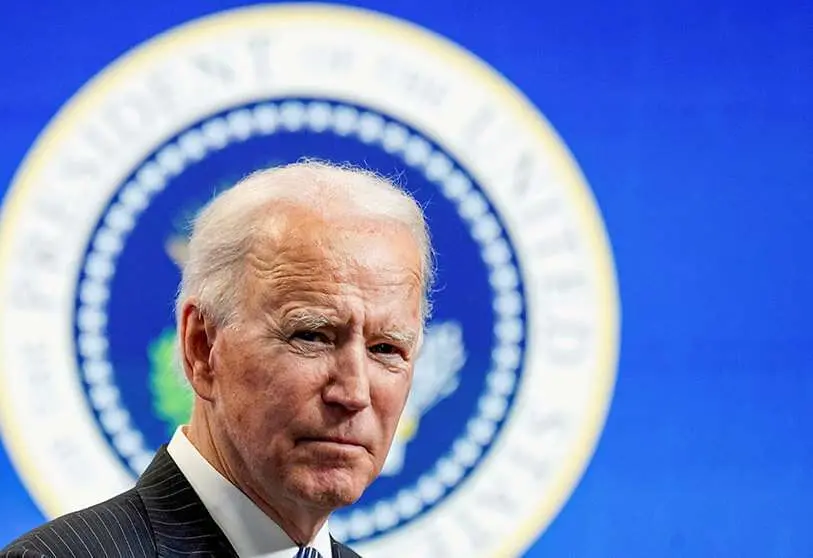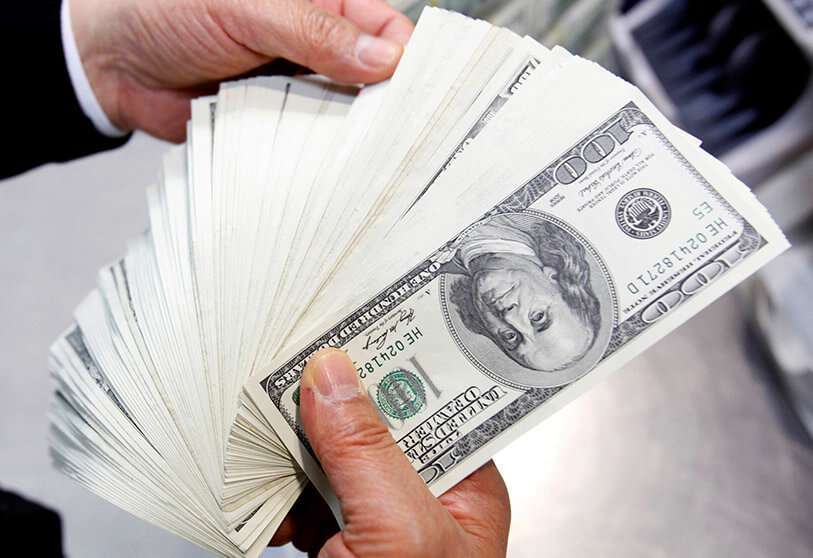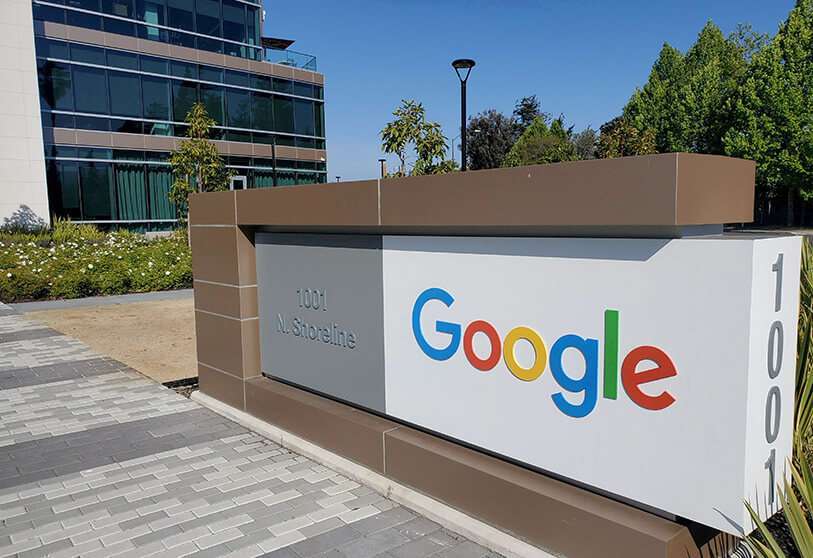A global corporate tax rate: will it help or hinder developing nations' recovery from COVID-19?

During last year's US presidential campaign, Joe Biden promised to crack down on tax-dodging multinationals, and has now called for a global minimum corporate tax rate. However, some fear that President Biden's plan could hamper the COVID-19 recovery of developing economies.
In April, as part of his Made in America tax plan, President Biden announced proposals to force multinationals, primarily tech giants such as Google, Amazon, Facebook and Apple, to pay higher taxes both in the US and in other countries where they generate profits.
Currently, these companies employ a number of techniques to minimise their tax bills.

One such technique is profit shifting. This involves reporting profits, not in the countries where they are earned, but in countries with low corporate tax rates, such as Ireland, or tax havens such as Bermuda, the Cayman Islands or Singapore.
To accompany the announcement of the plan, the US Treasury Department released documents showing that "more US profits are stored in small tax havens than in the major economies of China, India, Japan, France, Canada and Germany combined".
The Biden Administration's plan seeks to establish a global minimum corporate tax rate of 21%.
This is expected to remove incentives to invest abroad and stop the so-called race to the bottom, where countries compete for multinationals' business by lowering corporate tax rates.

This intervention has revitalised an ongoing debate. For the past four years, the OECD has been coordinating talks among 140 countries on setting a global tax rate.
At a conference last month, OECD tax policy director Pascal Saint-Amans said the negotiations were now "too big to fail" and that an agreement was likely to be reached this year.
The OECD plan has met with widespread support from many richer nations. For example, the UK, which launched its own digital services tax last year, has said it "strongly supports the G7, G20 and OECD discussions on long-term reforms" and is "committed to not implementing the digital services tax once the solution is in place".
However, neighbouring Ireland will lose out if a global minimum tax is introduced. For some years, Ireland has courted multinationals with its 12.5% corporate tax rate, compared to 19% in the UK, 30% in Germany and 26.5% in Canada.
As a result, many large technology companies have set up bases in the country, and Irish authorities are concerned that a change in the rate could trigger an exodus.
In April, Irish Finance Minister Paschal Donohoe said he believed smaller countries "should be able to use tax policy as a legitimate lever to offset the real, material and persistent advantage enjoyed by larger countries".

Others have expressed similar sentiments.
For example, the Financial Times recently reported that many developing economies fear that the eventual OECD deal is not in their best interests.
"The world's poorest countries are once again at risk of losing out when the global tax pie is divided, even though they have more need of tax revenues than anyone else," Tove Maria Ryding, Policy and Advocacy Manager at the European Network on Debt and Development, told the publication.
This question has become particularly relevant in the post-pandemic context. As countries seek tax revenues to support them in reconstruction, many developing nations are rushing to diversify their economies to avoid over-reliance on tourism or, in some cases, hydrocarbons.

Many are also focused on a green COVID-19 recovery, for which foreign direct investment is also key. A competitive corporate tax rate is one way to attract multinational companies, which could help finance such efforts.
In parallel to the OECD-led initiative, the UN Tax Committee has been developing a similar programme, which focuses specifically on digital businesses.
The UN's position is more flexible than that of the OECD and has been welcomed by many developing nations.
In April, the committee voted to include a provision, known as Article 12B, in the 2021 UN Model Tax Convention, which gives additional taxing rights to countries where digital services are provided and revenue is generated.

While the article is non-binding, when implemented it will allow developing economies to capture more value from the operations of tech giants in their countries.
Article 12B was championed by India and Argentina, and supported by several emerging nations, including Ecuador, Ghana, Nigeria and Vietnam.
The UN position demonstrates the growing consensus on tackling global tax avoidance with the economic needs of developing nations in mind, particularly at a time when tax revenues have a crucial role to play in recovery.








